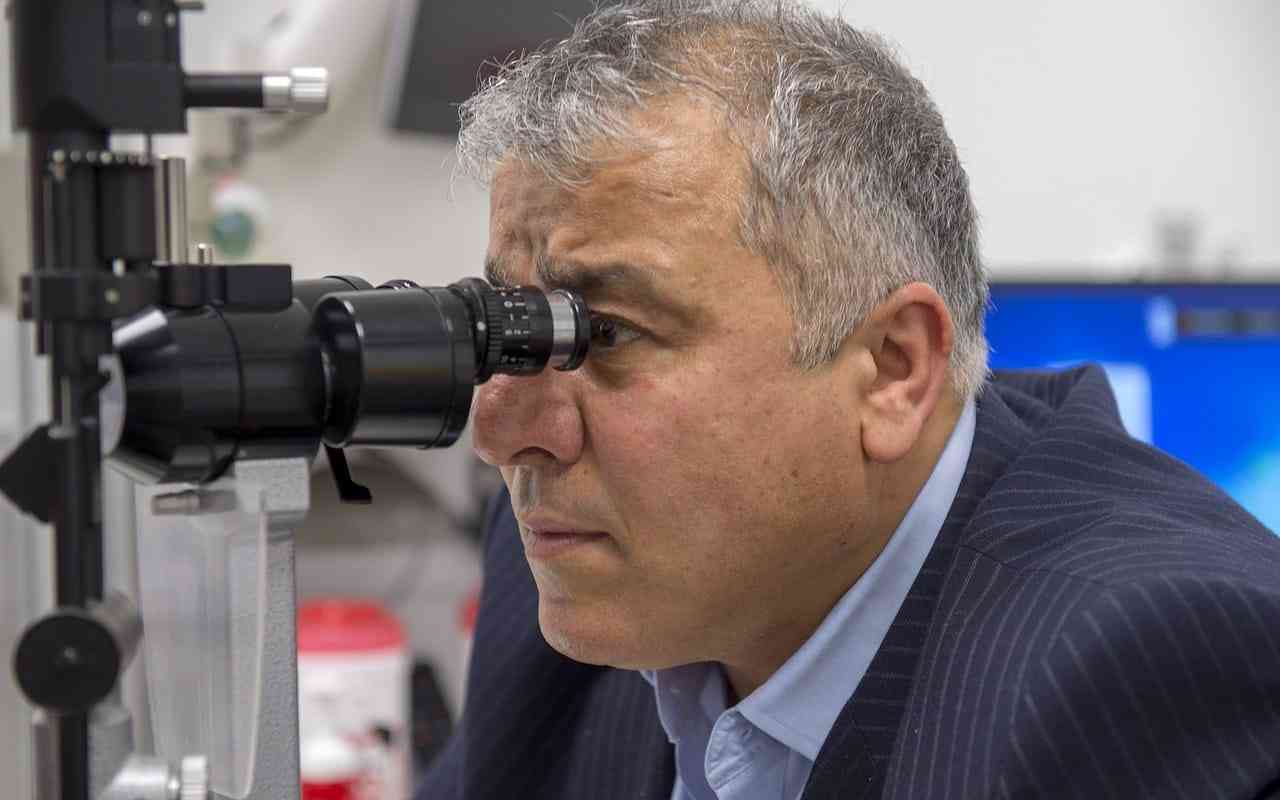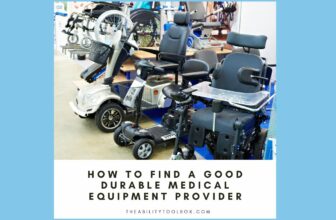
There are many types of eye diseases prevalent in the UK, from relatively minor issues such as dry eyes to more significant ailments like glaucoma and cataracts.
In total, around one million Brits have either glaucoma or cataracts, while a further 600,000 older residents have been diagnosed with age-related macular degeneration.
Prevention is always better than cure, of course, so what steps can you take to protect your eyes and prevent the onset of such conditions in the modern age?
1. Focus on diet and lifestyle.
As with any aspect of your physical or mental well-being, diet, and lifestyle play a massive part in optimizing your health.
Not only does the combination of a balanced diet and physical exercise optimize your general health and simultaneously enhance your mental well-being, but there are certain foods that are also synonymous with good eye health. These include raw red peppers (which are packed full of Vitamins A, C, and E), sunflower seeds, nuts, and dark leafy greens.
As for exercise, you need to create a viable regime based on your schedule and existing level of physical fitness, but the key is to be active as often as you can and as part of your everyday life.
2. Book regular optician appointments.
Whether you already wear glasses or contact lenses (either permanently or intermittently for specific purposes such as reading), it’s crucial that you book regular check-ups with your optician.
If you don’t already wear glasses or contact lenses, this can help to identify issues and treat them before they become too problematic.
Similarly, if you do have an existing prescription, regular appointments enable you to keep this information updated and potentially change your lenses as and when required.
This is particularly important when you have contact lenses fitted, as removing or adjusting lenses can be challenging and you may need some expert assistance when you first start to wear them.
3. Minimize screen time.
This is another key consideration, as excess screen time and the sustained glare from a computer screen is the number one trigger for eye strain in the UK. This can cause your eyes to deteriorate over time while increasing the risk of your incurring dry eyes and even facial twitches over time.
It’s recommended that you take a five-minute break for every 20 minutes you spend staring at the screen, but if this isn’t possible due to work pressures, just try to take breaks as often as you can and make this a feature of your daily schedule.
The Last Word
Whether you wear glasses or not, you may find that small particles of dust and even eye makeup can make their way into your eyes during the typical day. So, be sure to take adequate cleaning steps each day, such as splashing your eyes with fresh water at night and ensuring that all makeup is removed thoroughly before you go to bed!
Follow me down the rabbit hole!
I'm Alice and I live with a dizzying assortment of invisible disabilities, including ADHD and fibromyalgia. I write to raise awareness and end the stigma surrounding mental and chronic illnesses of all kinds.
Dr. Wilson graduated from Rosalind Franklin University of Medicine and Science and completed her residency in Internal Medicine at Advocate Good Shepherd Hospital in Barrington, IL. Dr. Wilson specializes in providing culturally competent and trauma-informed care to patients with physical disabilities. In addition to her private practice, she works as a science communicator, teaching health literacy to middle school and high school students in her local school district.









